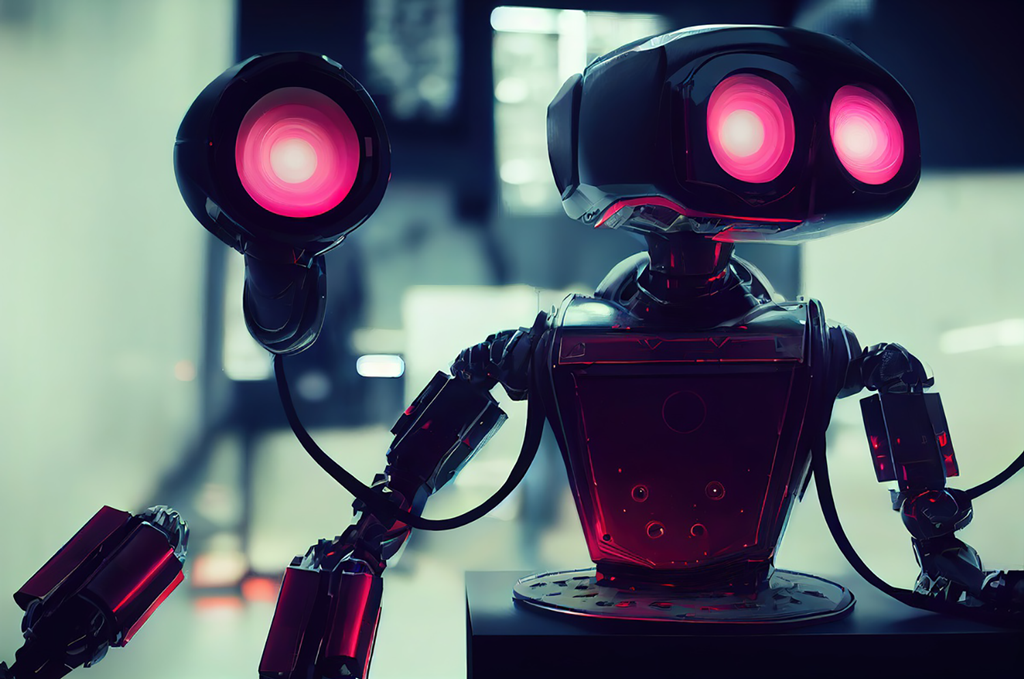
Automated Hospitality: AI-Powered Chefs and Baristas Shake Up CES Showcase
- foodfightadmin
- January 16, 2024
- Events, NEW
- rsc pages, rscl
- 0 Comments
In Las Vegas, a city synonymous with dazzling lights and relentless innovation, a recent display at the annual CES technology trade show has stirred a mix of awe and apprehension. Amidst the array of cutting-edge gadgets and gizmos, a particular highlight was a barista robot, capable of crafting intricate latte art with a precision and flair that rivals human skill. This AI-powered marvel represents a significant leap in robotic capabilities, showcasing the potential to master tasks once thought exclusive to human expertise.
However, this technological marvel has ignited concerns among human baristas like Roman Alejo, a 34-year-old professional at the Sahara hotel-casino. Alejo, like many in the hospitality sector, is increasingly uneasy about the future of jobs in an era increasingly dominated by AI. “It is very scary because tomorrow is never promised,” Alejo expressed, echoing a sentiment prevalent among workers witnessing the relentless march of AI into their professional realms.
The specter of AI’s impact on jobs was a central issue in the recent high-profile negotiations by the Culinary Workers Union in Las Vegas. Ted Pappageorge, the union’s secretary-treasurer, spearheaded negotiations for new five-year contracts for 40,000 members, narrowly averting a strike across multiple hotel-casinos. Central to these negotiations was the demand for stronger job protection against the advancing tide of AI and technology.
The union has been acutely aware of the growing role of robotics and AI in the industry. The latest contracts have fortified workers’ safety nets, including severance pay and the option for departmental transfers if technology supplants their roles. “We had to develop new language that protected workers from both current technology and technology that we don’t even know is coming,” Pappageorge stated.
At the trade show, union members scrutinized various emerging technologies that could potentially endanger more jobs. These included autonomous delivery robots, robotic masseuses, AI-powered smart grills, and even fully robotic restaurants. Meng Wang, co-founder of Artly Coffee, asserts that his company’s autonomous barista bots are not job eliminators but rather a response to labor shortages in the service industry.
Bill Werner, an associate professor in hospitality at the University of Nevada, Las Vegas, emphasizes that AI poses a genuine threat to casino jobs, particularly those not requiring customer interaction. For a city like Las Vegas, where customer service is paramount, the integration of such technology is both a test and a reflection of evolving customer expectations.
The union, alongside workers like Alejo, recognizes the inevitability of change within the hospitality industry. While they marvel at the innovations, there remains an underlying fear of a future heavily reliant on technology, possibly at the expense of human jobs. This blend of admiration and anxiety encapsulates the complex relationship between human workers and the ever-advancing realm of artificial intelligence.








